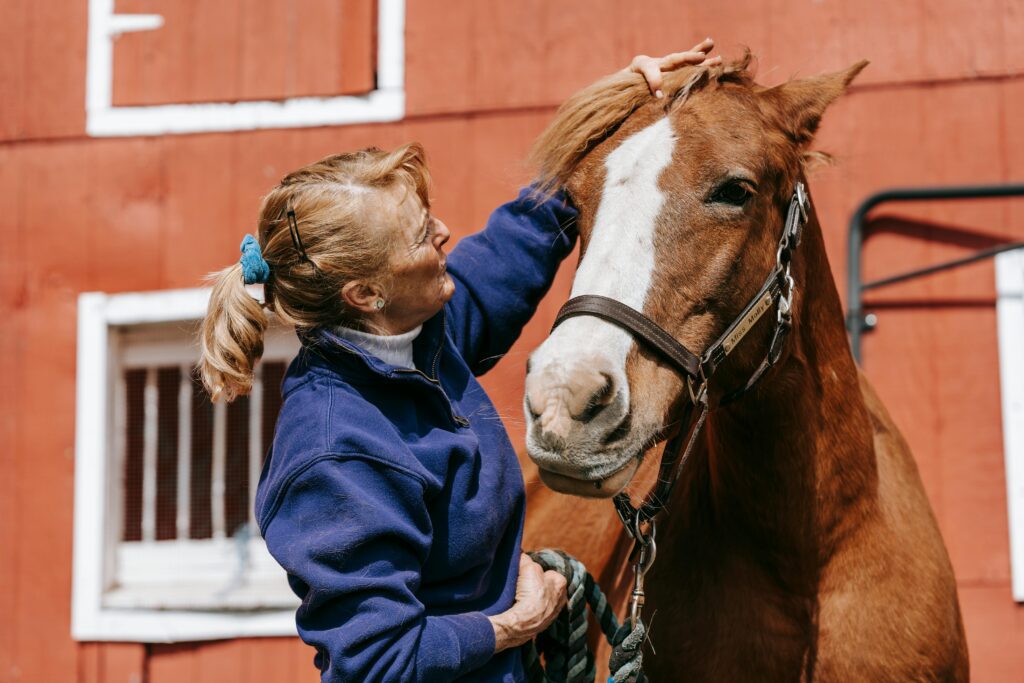Pet Trust: Including Your Furry Friends in Your Estate Plan

When we think of estate planning, we often focus on our loved ones—our spouses, children, and close relatives. But for many, our pets are just as much a part of the family as any human member. Planning for their care in your estate plan can ensure they will be protected and cared for if something unexpected happens to you.
Why Include Pets in Your Estate Plan?
Unlike other family members, pets cannot inherit money or property directly but rely entirely on us for their care and well-being. With proper planning, your beloved pet could avoid an uncertain future, potentially ending up in a shelter or without a caretaker.
By incorporating provisions for your pet in your estate plan, you ensure:
- Continuity of Care: Your pet can have a designated caretaker to step in immediately.
- Financial Support: Funds can be set aside to cover their ongoing needs, including food, veterinary care, and other expenses.
- Peace of Mind: You can rest assured knowing that your pet’s future is secure.
Steps to Include Pets in Your Estate Plan
- Designate a Caregiver
Choose a trusted friend or family member who is willing and able to take care of your pet. Make sure to discuss this responsibility with them in advance to confirm their willingness. - Create a Pet Trust
A pet trust is a legal arrangement that provides financial resources for your pet’s care. In the trust, you can outline how funds should be used, such as covering medical expenses or specific lifestyle needs. You can also name a trustee to manage the funds and ensure they’re used appropriately. - Document Your Pet’s Needs
Provide detailed information about your pet’s habits, medical history, diet, and preferences. This ensures the new caretaker can provide consistent care tailored to your pet’s needs.
Update Your Estate Plan Regularly
Life circumstances change, and it’s essential to keep your estate plan up to date. If you acquire a new pet or your designated caregiver becomes unable to fulfill their role, make adjustments promptly.

Beyond Cats and Dogs
Estate planning for pets isn’t limited to common household animals. Birds, horses, reptiles, and even exotic pets can all be included in your plan. Each type of pet may have unique care requirements, so tailor your provisions accordingly.
How Cannon Legal Firm Can Help
At Cannon Legal Firm, we understand how important your pets are to you. Our estate planning services ensure that every member of your family—two-legged or four—has the protection they deserve. From drafting pet trusts to advising on legal best practices, we are here to guide you every step of the way.
Contact us today to schedule a consultation. Together, we can create a comprehensive plan that provides for all your loved ones, including your furry companions.

